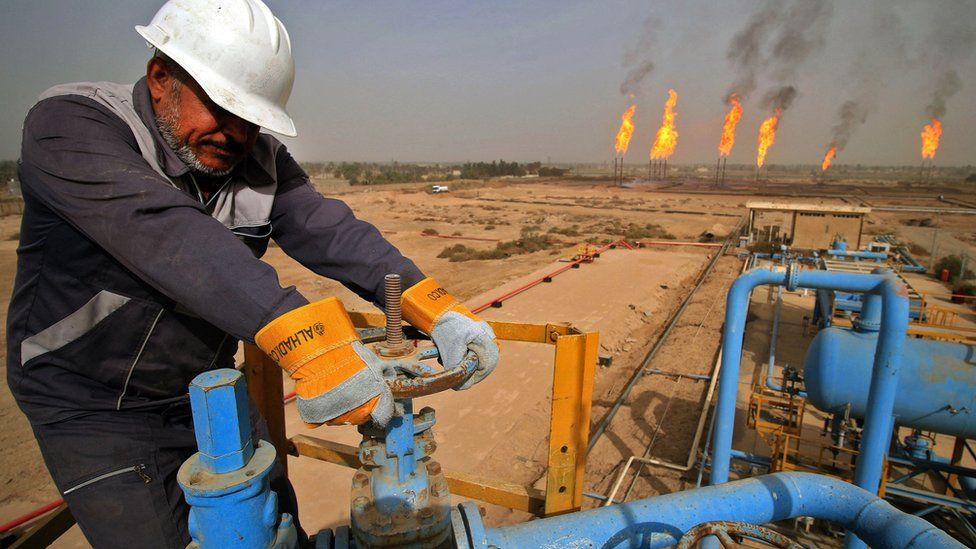-

-
-
Loading

Loading

Next week's critical United Nations climate conference will be a "moment of truth" for the oil and gas industry, according to Dr Fatih Birol, the head of the International Energy Agency (IEA). The IEA has released a report on the future of fossil fuels, urging the industry to decide whether to contribute to the climate crisis or become part of the solution. The report highlights that fossil fuel companies invested only 1% of global renewable energy funding last year. Its release just ahead of the UN climate summit, known as COP28, aims to exert pressure on governments attending the event to agree on reducing fossil fuel use. Dr Birol emphasizes that successful transitions to clean energy demand a reduction in oil and gas consumption, rather than their expansion. He asserts that the industry must confront the uncomfortable truth that scaling back operations is necessary. The controversy surrounding this year's conference is that it is hosted by a prominent oil producer, the United Arab Emirates. Sultan Al Jaber, who will chair the climate talks, has faced criticism for prioritizing carbon capture and storage, an expensive and nascent technology that aims to prevent the release of CO2 into the atmosphere. Critics argue that fossil fuel producers may use carbon capture to perpetuate their reliance on oil and gas. Dr Birol contends that attaining global climate goals necessitates relinquishing the belief that vast amounts of carbon capture could solve the problem. The report calculates that to limit temperature rises to 1.5 degrees Celsius above pre-industrial levels, the world would need to capture or remove roughly 32 billion tons of carbon. Moreover, the electricity required to power these technologies would surpass current global demand. Dr Steve Smith from Oxford Net Zero and CO2RE underscores that investment in carbon capture and storage must align with emissions reductions. He likens attempting carbon dioxide removal without cutting emissions to pushing the brake and accelerator of a speeding car simultaneously. The report chastises the oil and gas industry for insufficient investments in renewable energy, as they contribute only 1% of the world's clean energy investments, equivalent to $18 billion. Brendan Curran from the Grantham Research Institute on Climate Change and the Environment comments that the report exposes the inadequate investment from oil and gas producers in the transition to a net-zero sector, despite their claims to the contrary. This comes at a time when record profits have been recorded in the sector, with revenues totaling $5 trillion in 2022. The report also cautions against countries drilling for oil for energy security reasons. Earlier this year, the UK granted new North Sea oil and gas licenses to enhance its resilience in volatile energy markets. Dr Birol suggests that any new fossil fuel projects announced today will face climate and business risks as global oil consumption is expected to decline by the time they reach the market in seven to eight years.